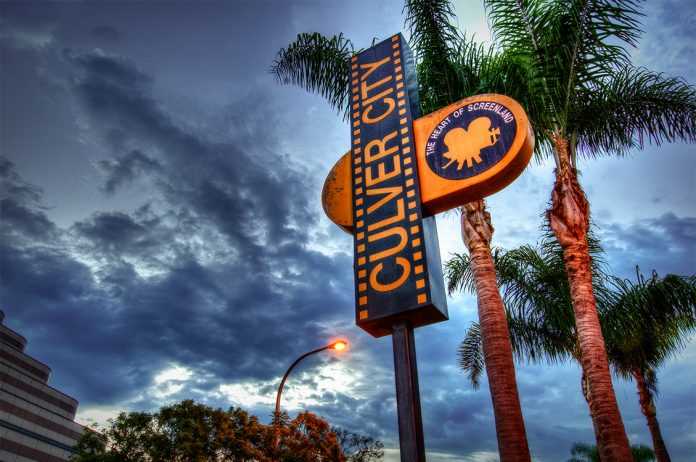By Christian May-Suzuki
There are 234 homeless individuals in the city of Culver City, based on data released by the Los Angeles Homeless Services Authority on June 14. Both the number of unsheltered and sheltered homeless have risen over the past year, with the former jumping by 72 individuals — a 60.5% increase, while the latter rose to 43 from 0 counted last year.
The Culver City Homeless Count was conducted on Jan. 23 in conjunction with other cities on the Westside to prevent counting a single transient for multiple cities. While the increase in unsheltered homeless is both noticeable and disheartening, city officials say, the number of sheltered individuals returned to 43, where it was in 2017.
“We know our staff and service providers have made progress, but our work is not done until all homeless individuals in the community are transitioned into permanent housing,” Culver City Mayor Meghan Sahli-Wells said. “We look forward to receiving our long-awaited share of County Measure H funding. Culver City was awarded $280,000 to conduct feasibility studies to increase the supply of affordable and homeless housing through motel reuse, modular/manufactured housing, and an inclusionary housing ordinance.”
As well as adopting a countywide measure—Measure H, which should raise approximately $355 million annually to help combat homelessness—Culver City has gone through efforts to curb the increase in the homeless population, including creating a Homelessness Committee and partnering with St. Joseph’s Center and Upward Bound House to provide resources and shelters for homeless individuals and families. The City is to receive an estimated $390,000 from Measure H.
“We will continue to work collaboratively with the Westside cities and partners to balance the needs of Culver City’s homeless individuals and the public health and safety of our community,” Sahli-Wells remarked.
The homeless increase also comes after Los Angeles Councilmembers Mike Bonin and Joe Buscaino accused Culver City, among others, for pushing the homeless into the city of Los Angeles. They allege that the actions of these cities are in violation of a federal court decision on homelessness and sidewalk camping made in September 2018, in which the 9th US Circuit Court of Appeals deemed unconstitutional an ordinance in Boise, Idaho that banned sleeping on the streets. The ruling was upheld in April.
“Instead of allowing people to sleep on their sidewalks, they are encouraging people, or compelling people, to move to the city of Los Angeles to do that,” Bonin told the L.A. Times.
Culver City has denied these allegations, saying it has not heard complaints about the issue.
Moving forward, Culver City will continue to enact its updated “Plan to Prevent and Combat Homelessness,” which was adopted on July 9, 2018. This plan includes building an emergency shelter within the next two years, exploring rapid rehousing plan options, and developing and implementing an Economic Empowerment Ordinance to encourage local hiring of homeless and formerly homeless individuals in city-supported contracts.

